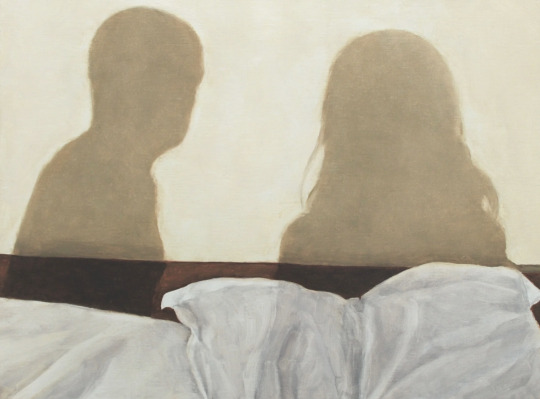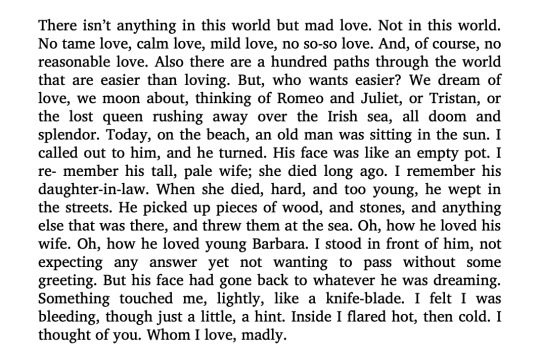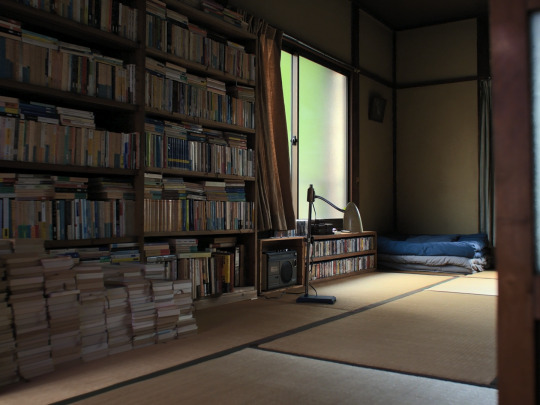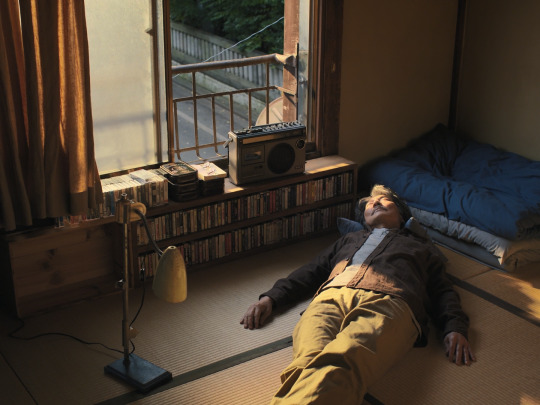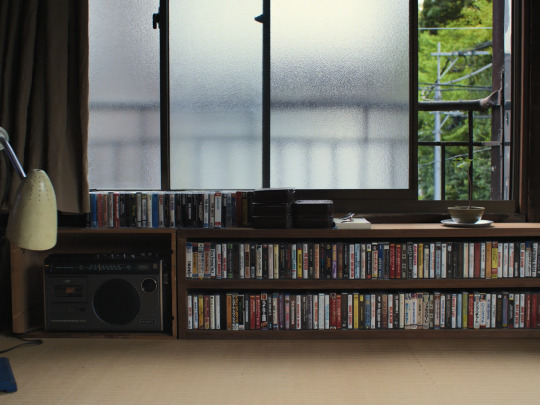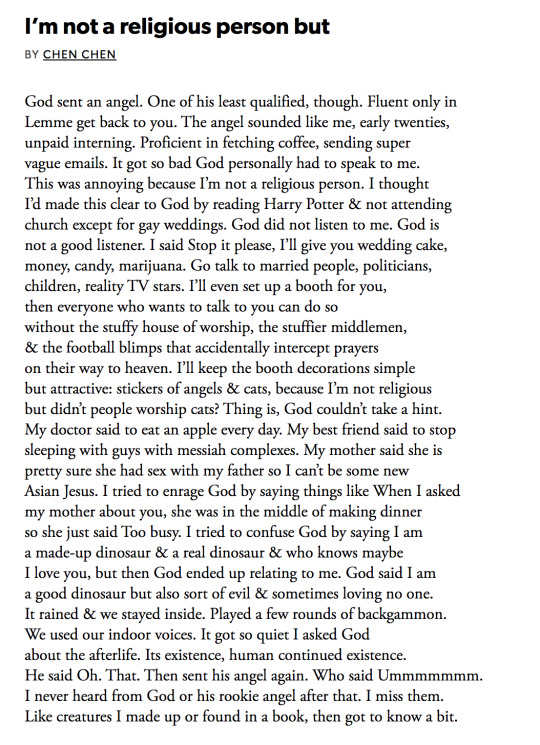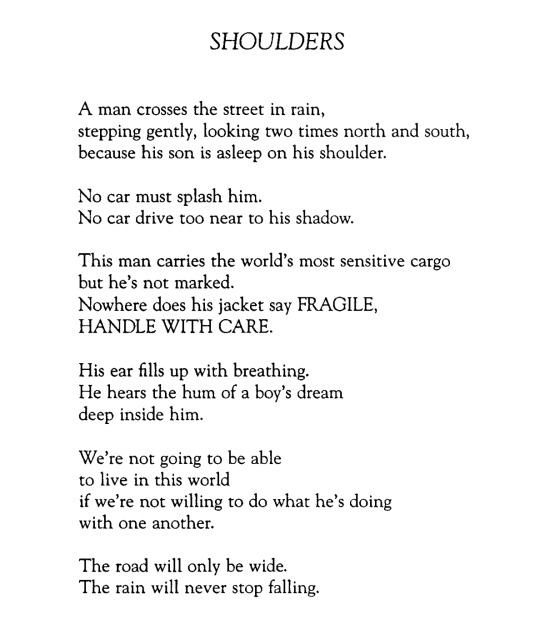Text
"You survive this and in some terrible way, which I suppose no one can ever describe, you are compelled, you are corralled, you are bullwhipped into dealing with whatever it is that hurt you. And what is crucial here is that if it hurt you, that is not what’s important. Everybody’s hurt. What is important, what corrals you, what bullwhips you, what drives you, torments you, is that you must find some way of using this to connect you with everyone else alive. This is all you have to do it with. You must understand that your pain is trivial except insofar as you can use it to connect with other people’s pain; and insofar as you can do that with your pain, you can be released from it, and then hopefully it works the other way around too; insofar as I can tell you what it is to suffer, perhaps I can help you to suffer less."
- James Baldwin, The Artist's Struggle for Integrity
4K notes
·
View notes
Text
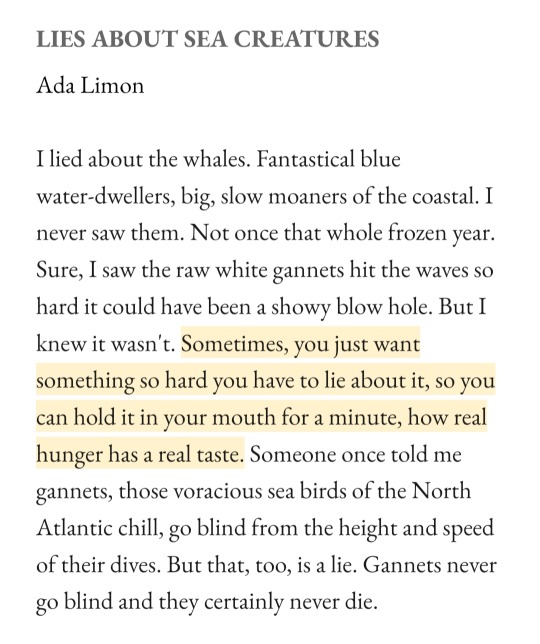
i feel totally normal about this and the scope of my desire is completely average
2K notes
·
View notes
Photo

from Virginia Woolf’s diaries, February 27th, 1926
15K notes
·
View notes
Text
Maybe it’s better to have the terrible times first. I don’t know. Maybe then, you can have, if you live, a better life, a real life, because you had to fight so hard to get it away⸺you know?⸺from the mad dog who held it in his teeth. But then your life has all those tooth marks, too, all those tatters and all that blood.
James Baldwin This morning, this evening, so soon
11K notes
·
View notes
Text

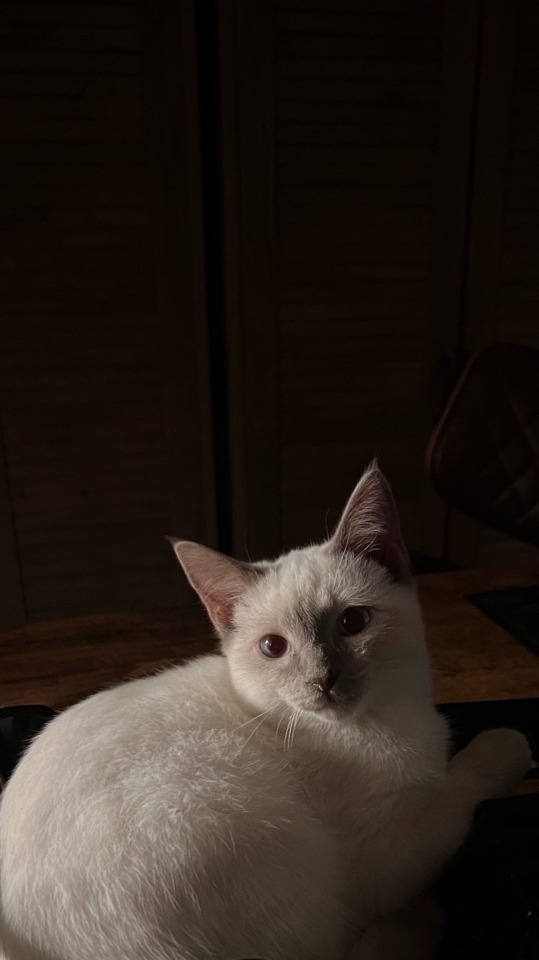
Night time reading and dreams of a monastic life
129 notes
·
View notes
Text
[...] many of the works we call cults are such precisely because they are basically ramshackle, or “unhinged,” so to speak.
In order to transform a work into a cult object, you must be able to take it to pieces, disassemble it, and unhinge it in such a way that only parts of it are remembered, regardless of their original relationship with the whole. In the case of a book, it is possible to disassemble it, so to speak, physically, reducing it to a series of excerpts. And so it happens that a book can give life to a cult phenomenon even if it is a masterpiece, especially if it is a complex masterpiece. Consider the Divine Comedy, which has given rise to many trivia games, or Dante cryptography, where what matters for the faithful is to recall certain memorable lines, without posing themselves the problem of the poem as a whole. This means that even a masterpiece, when it comes to haunt the collective memory, can be made ramshackle. But in other cases it becomes a cult object because it is fundamentally, radically ramshackle. This happens more easily with a film than a book. To give rise to a cult, a film must already be inherently ramshackle, shaky and disconnected in itself. A perfect film, given that we cannot reread it as we please, from the point we prefer, as with a book, remains imprinted in our memory as a whole, in the form of an idea or a principal emotion; but only a ramshackle film survives in a disjointed series of images and visual high points. It should show not one central idea, but many. It should not reveal a coherent “philosophy of composition,” but it should live on, and by virtue of, its magnificent instability.
—Umberto Eco, The Cult of the Imperfect, in The Paris Review
135 notes
·
View notes
Text
poems I loved in december
Paruyr Sevak, "To Go Mad"
Anne Sexton, "December 18th"
Ted Hughes, "Lovesong"
Chris Abani, "Ritual is Journey"
Franz Wright, "Untitled"
Antoine de Saint-Exupéry, "A Prayer"
Willie Perdomo, "Maybe Under Some Other Sky"
Osip Mandelstam,'You took away all the oceans and all the room', (translated by Clarence Brown and W. S. Merwin)
Osip Mandelstam, "Tenderer than tender" transl. D. Smirnov-Sadovsky
Richard Siken, "Litany in Which Certain Things Are Crossed Out"
Michael Miller, "December"
Vladimir Mayakovsky, "A Cloud in Trousers"
Mohja Kahf, “Most Wanted”
Louise Glück, "Winter Recipes from the Collective"
Vladimir Mayakovsky, "Listen"
Fear, Czesław Miłosz, Robert Hass (translator)
Hope, Czesław Miłosz, Robert Hass (translator)
Charles Bukowski, "a vote for the gentle light"
Marina Tsvetaeva, "I Opened My Veins" (translated by Elaine Feinstein)
3K notes
·
View notes
Photo
L'homme atlantique



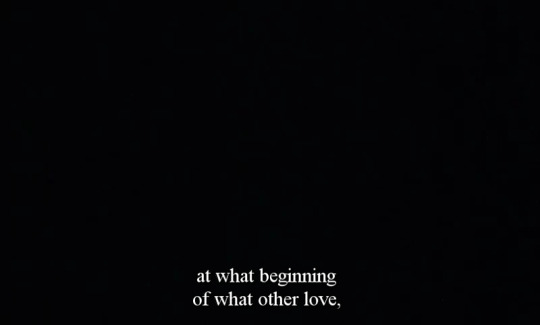

L’homme atlantique (Marguerite Duras, 1981)
666 notes
·
View notes
Text


working on finishing up stuff for my masters program, so much to do and so little time
782 notes
·
View notes
Text

Charles Courtney Curran (1861-1942, American) ~ Study for the Sirens, n/d
[Source: invaluable.com]
844 notes
·
View notes
Text
“…people like Jesus and Paul were not executed for saying, “Love one another.” They were killed because their understanding of love meant more than being compassionate towards individuals, although it did include that. It also meant standing against the domination systems that rule their world, and collaborating with the Spirit in the creation of a new way of life that stood in contrast to the normalcy of the wisdom of this world. Love and justice go together. Justice without love can be brutal and love without justice can be banal. Love is the heart of justice and justice is the social form of love.”
— Marcus J. Borg and John Dominic Crossan, The First Paul: Reclaiming the Radical Visionary Behind the Church’s Conservative Icon (p.205)
14K notes
·
View notes
Text
“The bottom line is this: You write in order to change the world, knowing perfectly well that you probably can’t, but also knowing that literature is indispensable to the world. The world changes according to the way people see it, and if you alter, even by a millimeter, the way people look at reality, then you can change it…If there is no moral question, there is no reason to write. I’m an old-fashioned writer and, despite the odds, I want to change the world”
— James Baldwin
24K notes
·
View notes
